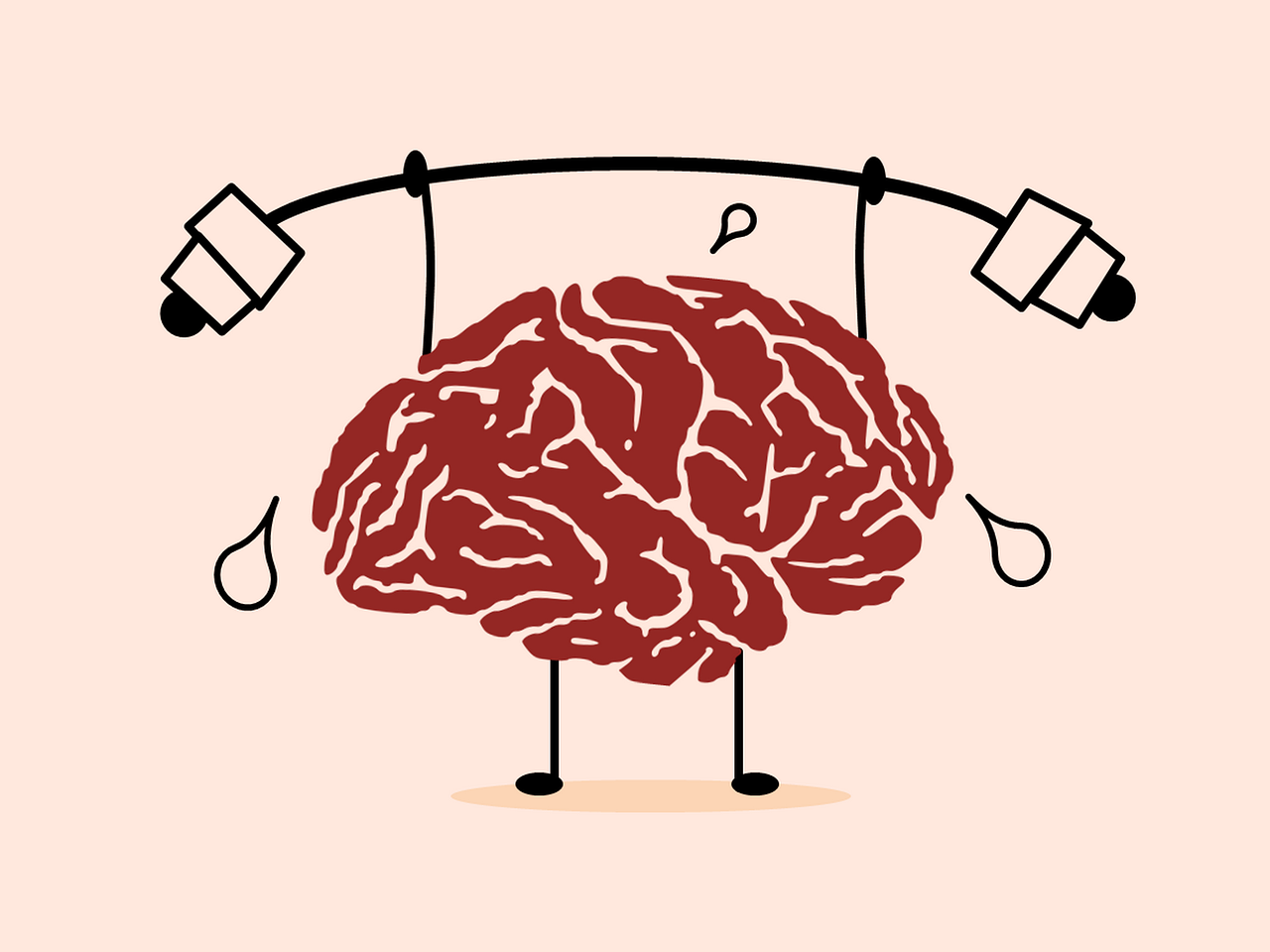The brain is an incredible organ. It controls your emotions, thoughts, memory and movement. As such, it is surprising how many of us take our brains for granted until we start noticing cognitive changes in our 60s and 70s. In the UK, there are currently around 850,000 people suffering from dementia, with 209,600 people projected to develop the condition this year. The good news is that we can do a lot to sharpen our brains right now. Check out these tips to keep your brain in tip-top shape at any age.
Mental Stimulation
Staying mentally active promotes new connections between the nerve cells in your brain and may even encourage the generation of new cells. Activities such as solving crosswords, math problems and puzzles, and even reading, can help to keep your brain sharp.
Drawing, painting, crafts and other activities that require manual dexterity are also great for engaging the brain. Most significantly, you should try to minimize passive activities such as watching televisions, as these do little to stimulate your brain.
Exercise
Regular exercise is good for both the body and mind. Physical activity increases blood flow to the brain and minimizes the reduction in neural connections that take place as we age. Research has found that exercise also promotes the development of new nerve cells in the brain and can increase the size of the hippocampus, which is responsible for memory. Why not commit yourself to walking 30 minutes a day, swimming at the local pool, or enrolling in yoga and pilates classes.
Diet
Improving your diet can have a positive effect on your cognitive health. To keep your brain healthy, nutritionists recommend a diet that is rich in fatty acids, leafy greens and whole grains, while being low in saturated fats.
Dannie Hansen from sundt.uk says that a Mediterranean-style diet is ideal for keeping your brain working at its full potential. “Eating lots of vegetables, fruit, nuts and fish has been shown not only to boost brain function but also reduce the risk of developing Alzheimer’s disease.”
Sleep
In order for your brain to function at its optimum, it needs plenty of rest. As such, getting between seven and nine hours of quality sleep a night can make a huge difference in your life. During the night, the brain gets rid of beta-amyloids, or toxins that can lead to Alzheimer’s.
In addition, the brain consolidates and stores memories while we sleep, which can improve both overall brain health and memory. To improve your quality of sleep, avoid taking naps during the day, don’t look at phone screens or watch TV right before going to bed and try to follow a regular sleeping pattern.
Be Social
Interacting with others and having a support system are both crucial to our emotional and mental well-being. In particular, making time for your friends and having fun can stimulate our brains. Studies have found that people who remain socially active show the slowest rate of memory decline as they aged.
Having social ties has also been linked to a lower risk of dementia and a longer life expectancy. Lack of social involvement, on the other hand, can lead to stress, anxiety and depression.



